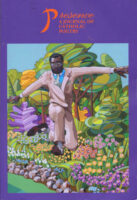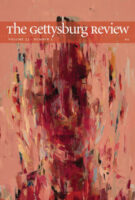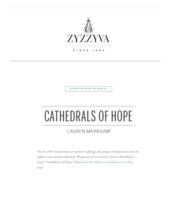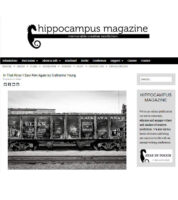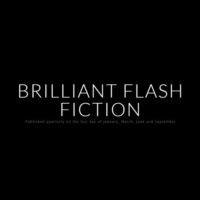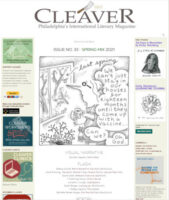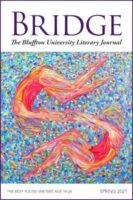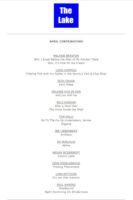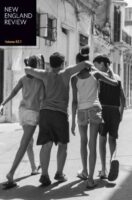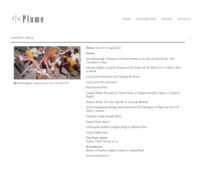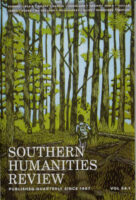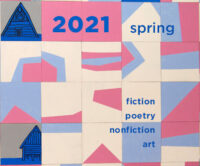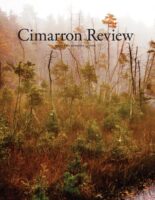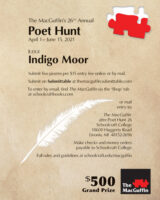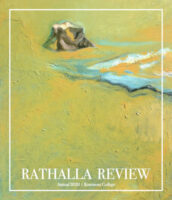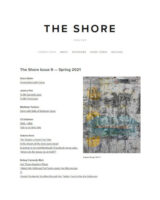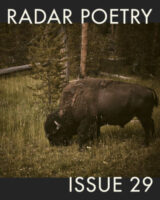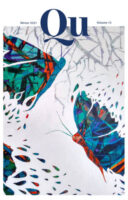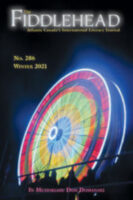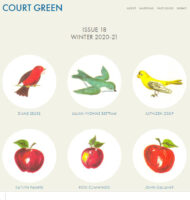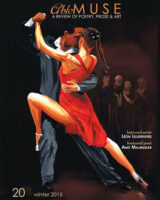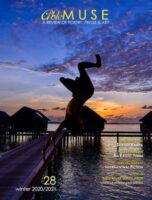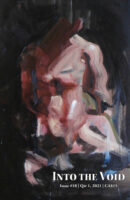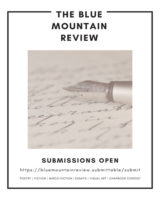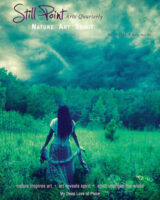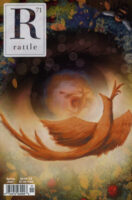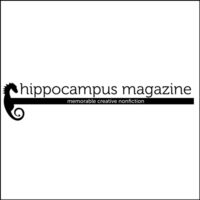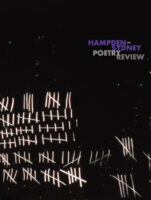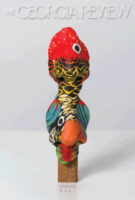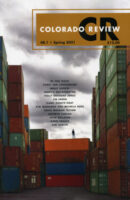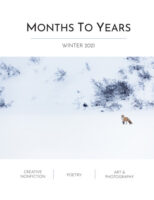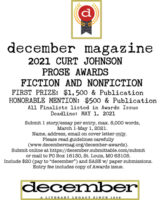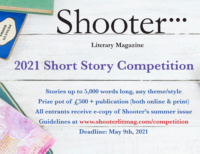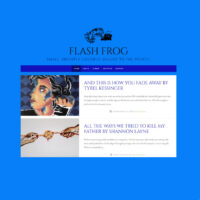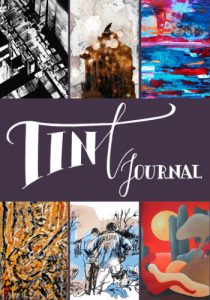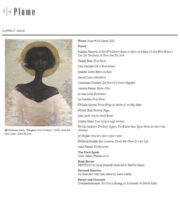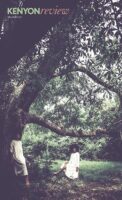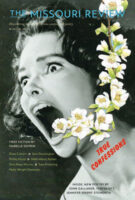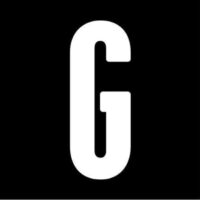 Guest Post by Andrew Romriell.
Guest Post by Andrew Romriell.
In “White Witchery,” from Guernica, Elissa Washuta offers fierce insight into the varied and complex ways whiteness has plundered Indigenous bodies and beliefs. Here, Washuta offers difficult truths surrounding colonialism and settler violence alongside the strength of her own perseverance.
Growing up in a “heavily Catholic, forest-and-farmland slice of New Jersey,” Washuta found a sincere desire to make magic, to be a witch who “brings change to the seen world using unseen forces.” To Washuta, magic became a way of finding stability within the uncontrollable world surrounding Native women in America, an America where, Washuta describes, “[colonizers whisper] that I’m not wanted here, not worthy of protection, nothing but a body to be pummeled and played with and threatened into submission.” Yet, through magic, her own tenacity, and the communal strength she finds in a women’s spiritual circle, Washuta says, “ My whole body is a fire” and “I have not died yet.”
“White Witchery” grants a rare and vulnerable insight into the capitalistic industry of the United States, the pop-culture surrounding self-care and self-healing, and the internal struggle of surviving a colonized America as a Native woman, a woman with “nothing now but my big aura, my fistful of keys, and my throat that still knows how to scream because no man has succeeded in closing it.” Though the journey Washuta takes us on is not an easy one, it is one of the most compelling, vulnerable, and important ones we can take.
“White Witchery” by Elissa Washuta. Guernica, February 2019.
Reviewer bio: Andrew Romriell is an avid writer, teacher, and student who is passionate about experimental forms, research-based writing, and intersections of genre. Learn more at ajromriell.com.
